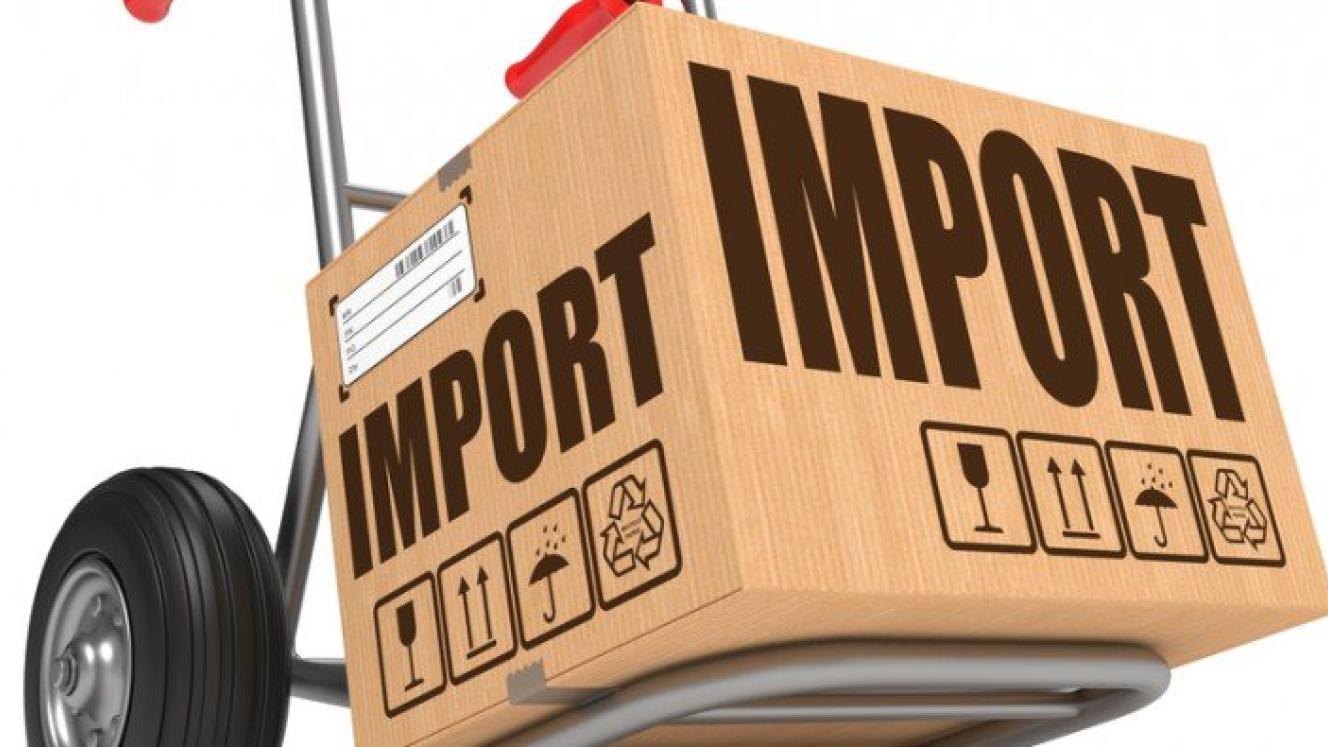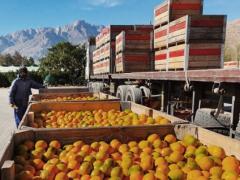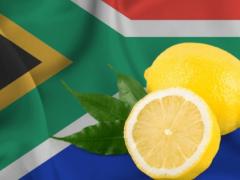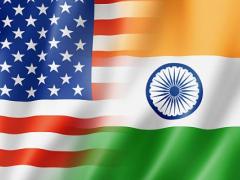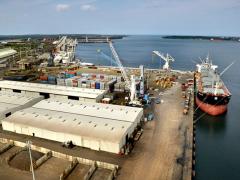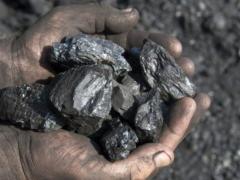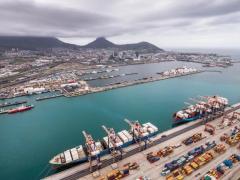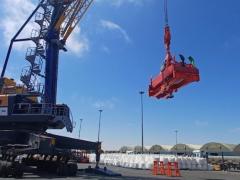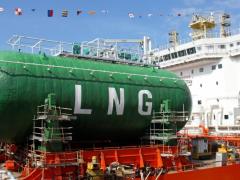In a bid to become financially independent, African leaders have agreed to impose a tax on all imported products designed to finance African Union (AU) programmes.
Reducing dependence on foreign-funding is seen as a means of reducing foreign policy intervention
The new system is set to start in 2017 and, according to a statement on the AU website, it is “aimed at enabling AU to make its own decisions without donor countries' conditions or intervention to African internal matters”.
“Our commitment to developing the continent and making it independent must continue,” said the AU chairperson, Dr Nkosazana Dlamini-Zuma, pointing out that currently, about 70% of the AU budget was foreign funded.
In response to this decision, Department of Trade and Industry director-general, Lionel October, said the new funding formula had been derived from a trade model. "As a percentage of trade, SA imports comprise about 30% of GDP, which is in the region of R1 trillion.” This could mean that SA would fork out an additional R2.2bn to bankroll the African Union.
Explaining how the AU’s revised fund-collection model would work, October said: "The funds collected, in the form of import duties and tariffs, would be paid directly to the Reserve Bank, with the South African Revenue Service (Sars) serving as the collecting agent.”
According to online news site BDLive, SA already pays millions towards the upkeep of the Pan African parliament that it hosts on behalf of the AU. This is in addition to its financial support of AU peacekeeping missions.
